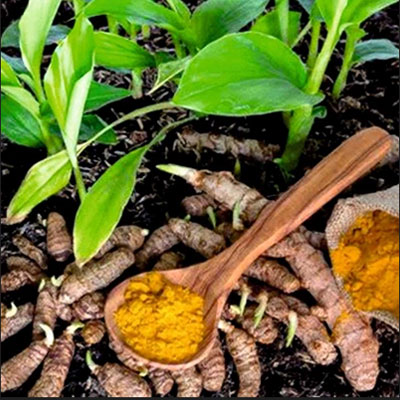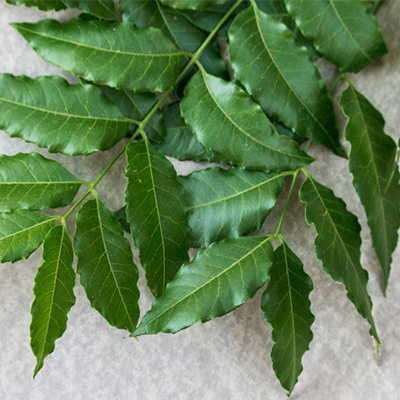Sarcoidosis is a chronic inflammatory condition where small clumps of inflammatory cells, called granulomas, form in various organs. These granulomas most commonly affect the lungs and lymph nodes but can also impact the skin, eyes, liver, heart, and brain. The exact cause is unknown, but it is believed to be an overreaction of the immune system to unknown triggers.
Causes of Sarcoidosis
While the exact cause is unclear, factors believed to contribute include:
- Genetic predisposition: A family history of sarcoidosis may increase risk.
- Environmental triggers: Exposure to certain bacteria, viruses, or dust.
- Immune system dysregulation: The immune system may mistakenly attack the body’s tissues.
- Occupational risks: Firefighters and agricultural workers may have higher exposure to triggers.
Symptoms of Sarcoidosis
Symptoms depend on the affected organ, but common ones include:
Lungs (most common)
- Persistent dry cough
- Shortness of breath
- Chest pain
Lymph nodes
- Swollen or tender lymph nodes
Skin
- Rash or raised bumps on the skin, often on the face, arms, or legs
Eyes
- Redness, pain, blurred vision, or light sensitivity
Fatigue and weight loss
Fever and night sweats
Types of Sarcoidosis
- Pulmonary Sarcoidosis: Affects the lungs, the most common form.
- Cardiac Sarcoidosis: Affects the heart, causing arrhythmias or heart failure.
- Neuro-sarcoidosis: Impacts the nervous system, leading to seizures or facial paralysis.
- Cutaneous Sarcoidosis: Affects the skin, causing lesions or discoloration.
- Ocular Sarcoidosis: Affects the eyes, potentially leading to vision loss.
Diagnosis of Sarcoidosis
- Medical history and physical exam
- Imaging tests: Chest X-rays or CT scans to identify granulomas.
- Biopsy: Examination of affected tissue to confirm granulomas.
- Blood tests: To check for elevated calcium or ACE (Angiotensin-Converting Enzyme) levels.
- Lung function tests: Assess breathing capacity.
- Eye examination: For ocular involvement.
Ayurvedic Perspective on Sarcoidosis
In Ayurveda, sarcoidosis can be understood as a systemic imbalance of the doshas (Vata, Pitta, and Kapha), primarily Pitta and Kapha, leading to abnormal inflammatory responses. Granulomas can be viewed as an accumulation of ama (toxins) and disordered immune function due to impaired agni (digestive fire).
Ayurvedic Management of Sarcoidosis
Shodhana and Panchakarma
- Panchakarma therapies like Virechana (purgation) and Basti (medicated enemas) to cleanse toxins.
- Abhyanga (oil massage) to balance Vata and improve immunity.
Diet and Lifestyle (Ahara and Vihara)
- Favour easily digestible, fresh, and warm foods to improve agni.
- Avoid fried, processed, and excessively spicy foods to pacify Pitta.
- Incorporate immune-boosting spices like ginger, black pepper, and cinnamon.
- Practice yoga and pranayama to reduce stress and support lung health.
Lifestyle Modifications
- Stress management through meditation and mindfulness.
- Adequate sleep and physical activity to balance the doshas.
Herbal Remedies
Haridra (Curcuma longa)
Anti-inflammatory and immune-modulating properties.
Ashwagandha (Withania somnifera)
Boosts immunity and reduces fatigue.
Guduchi (Tinospora cordifolia)
Supports immunity and detoxifies the body.
Neem (Azadirachta indica)
Detoxifying and purifying the blood.
Amalaki (Emblica officinalis)
Antioxidant-rich, balancing Pitta.
Rasayana (Rejuvenation Therapy)
- Chyawanprash and Brahma Rasayana to rejuvenate the immune system.
- Ayurveda focuses on holistic healing and correcting root imbalances.
- Treatment should be supervised by an Ayurvedic practitioner and may complement conventional treatments.
Severe forms of sarcoidosis involving critical organs like the heart or brain require immediate modern medical attention.








